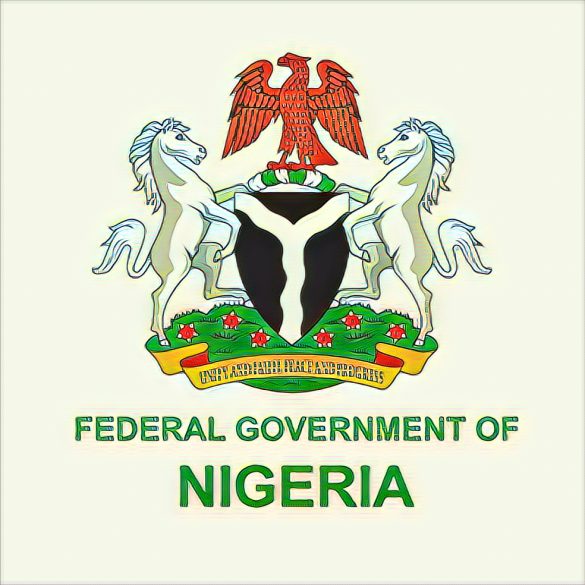The Federal Government of Nigeria, in a proactive move, indicated the likelihood of introducing a supplementary budget in 2024. This consideration comes in the wake of surpassing its revenue projections, signaling a potential shift in fiscal planning.
Addressing the joint session of the National Assembly Committee on Finance, Mr. Wale Edun, a senior government official, underscored a marked improvement in Nigeria’s revenue profile. This upturn has triggered discussions about adjusting the national budget to align with the new fiscal landscape.
Edun stressed that continuous revenue growth would necessitate a return to the National Assembly for additional appropriations. This forward-looking approach underscores the government’s commitment to dynamically managing the nation’s finances.
A key driver in this revenue surge is the ongoing fiscal policy and tax reform, coupled with digitalization efforts. These initiatives are pivotal in enhancing efficiency in revenue collection, offering scope for augmenting the national budget.
The Federal Government is also reviewing its procurement processes. The aim is to accelerate capital spending in the 2024 budget, ensuring that infrastructural and developmental projects are not hampered by bureaucratic delays.
As of the third quarter, budget expenditure fell short by 32%, while revenue performance exceeded expectations by 5%. This discrepancy highlights the need for more strategic budget allocation and spending.
The shortfall in capital expenditure is a point of concern, especially against the backdrop of an 18% increase in debt service. This scenario underscores the challenge of balancing development needs with fiscal responsibilities.
A positive note is the projected reduction in fiscal deficit, expected to drop from N13.7 trillion to N9.2 trillion. Similarly, borrowing as a percentage of GDP is anticipated to decrease, reflecting a healthier economic stance.
Efforts are underway to double tax revenue relative to GDP within the next two to three years. This ambitious goal reflects the government’s commitment to enhancing its revenue base through more effective tax policies.
Chairman of the Joint National Assembly Committee on Finance, Sani Musa, acknowledged Nigeria’s delicate economic situation. He emphasized the administration’s dedication to changing the country’s economic narrative through strategic fiscal planning.
The supplementary budget, if approved, will play a crucial role in addressing emergent needs and opportunities that arise during the fiscal year. It represents the government’s agility in responding to changing economic conditions.
Increased revenue and supplementary budgeting could significantly impact public services and development projects. It could mean more funding for healthcare, education, infrastructure, and other critical sectors.
This move is part of a broader strategy to strengthen Nigeria’s economic resilience. By dynamically adjusting fiscal plans, the government aims to better weather economic fluctuations and capitalize on growth opportunities.
The government’s fiscal strategy also takes into account international economic trends and domestic challenges, aiming to create a budget that is responsive and robust against various economic pressures.
The government’s approach involves close collaboration with various stakeholders, including the National Assembly, to ensure that fiscal policies are well-informed and comprehensive.
As Nigeria looks to the future, these developments in fiscal planning and budgeting are critical. They reflect the government’s commitment to sustainable economic growth and development.


